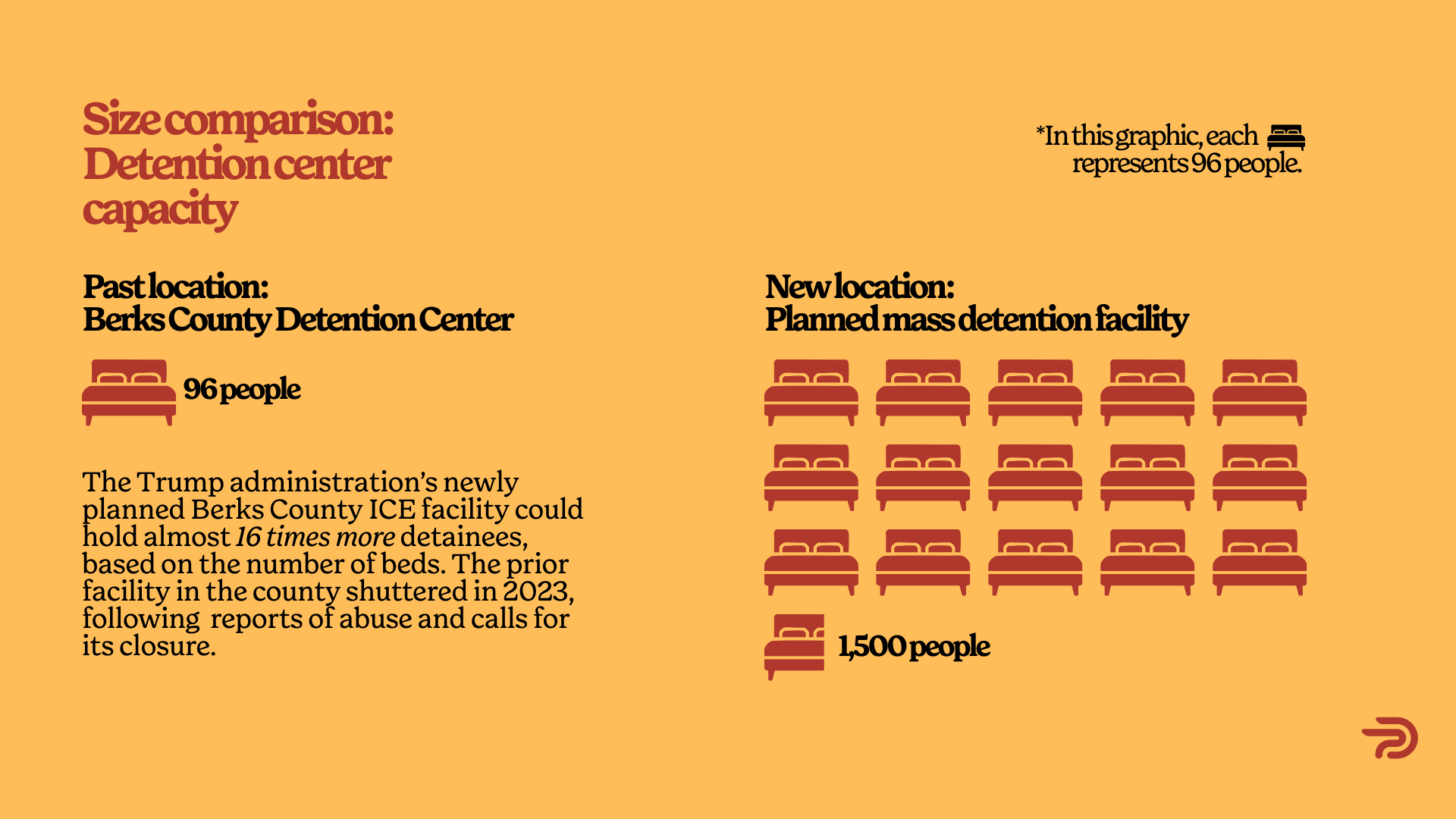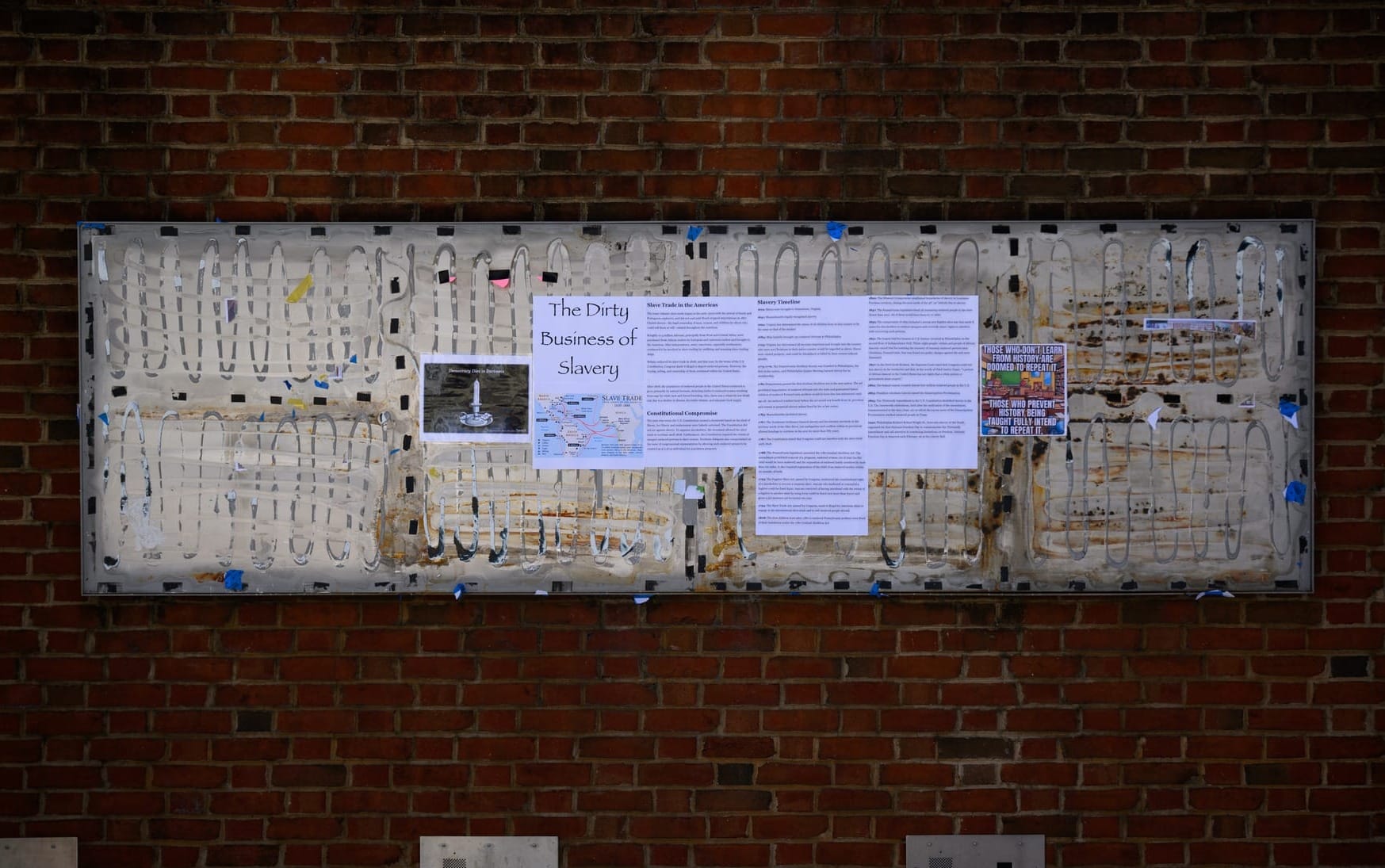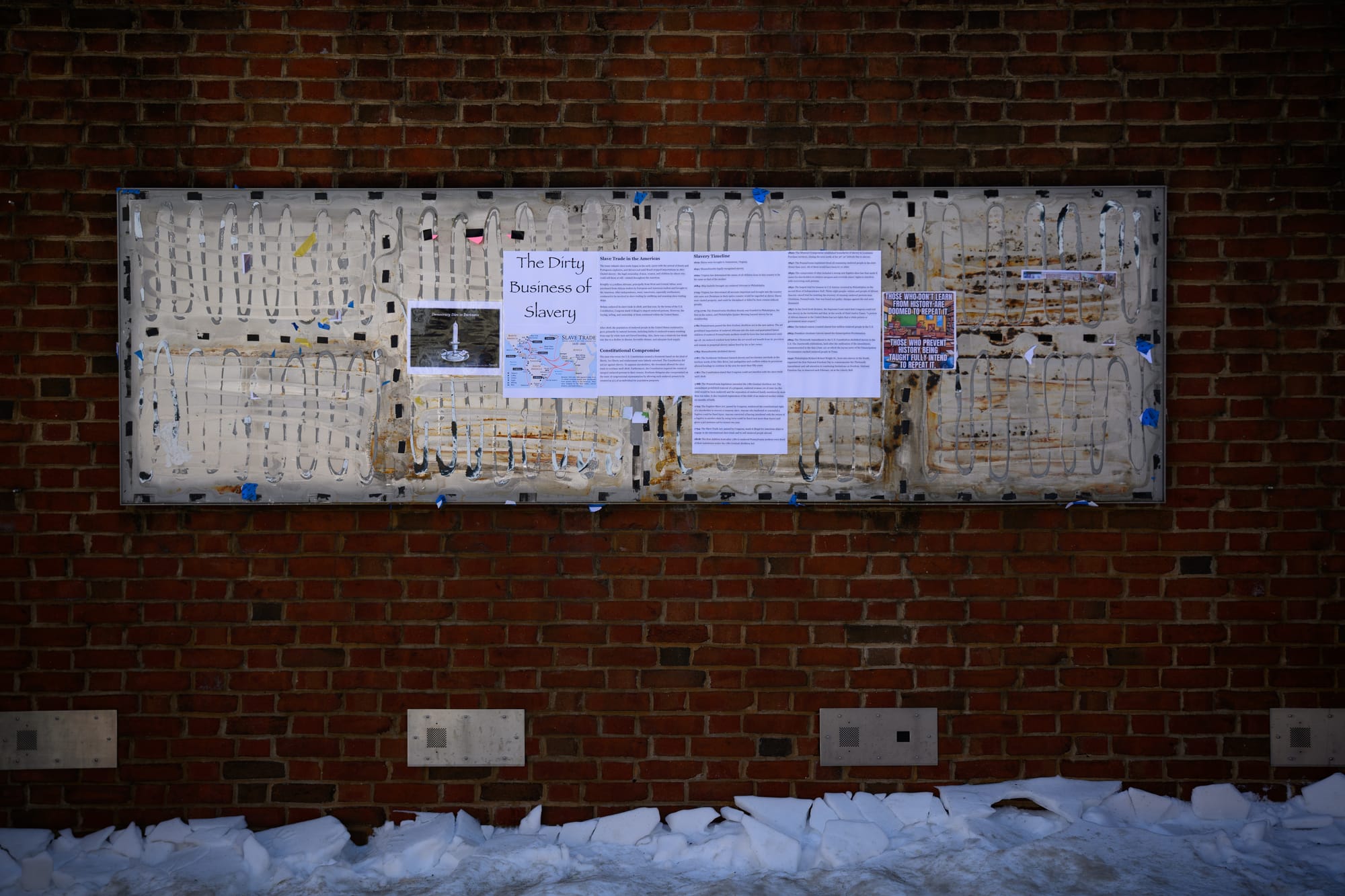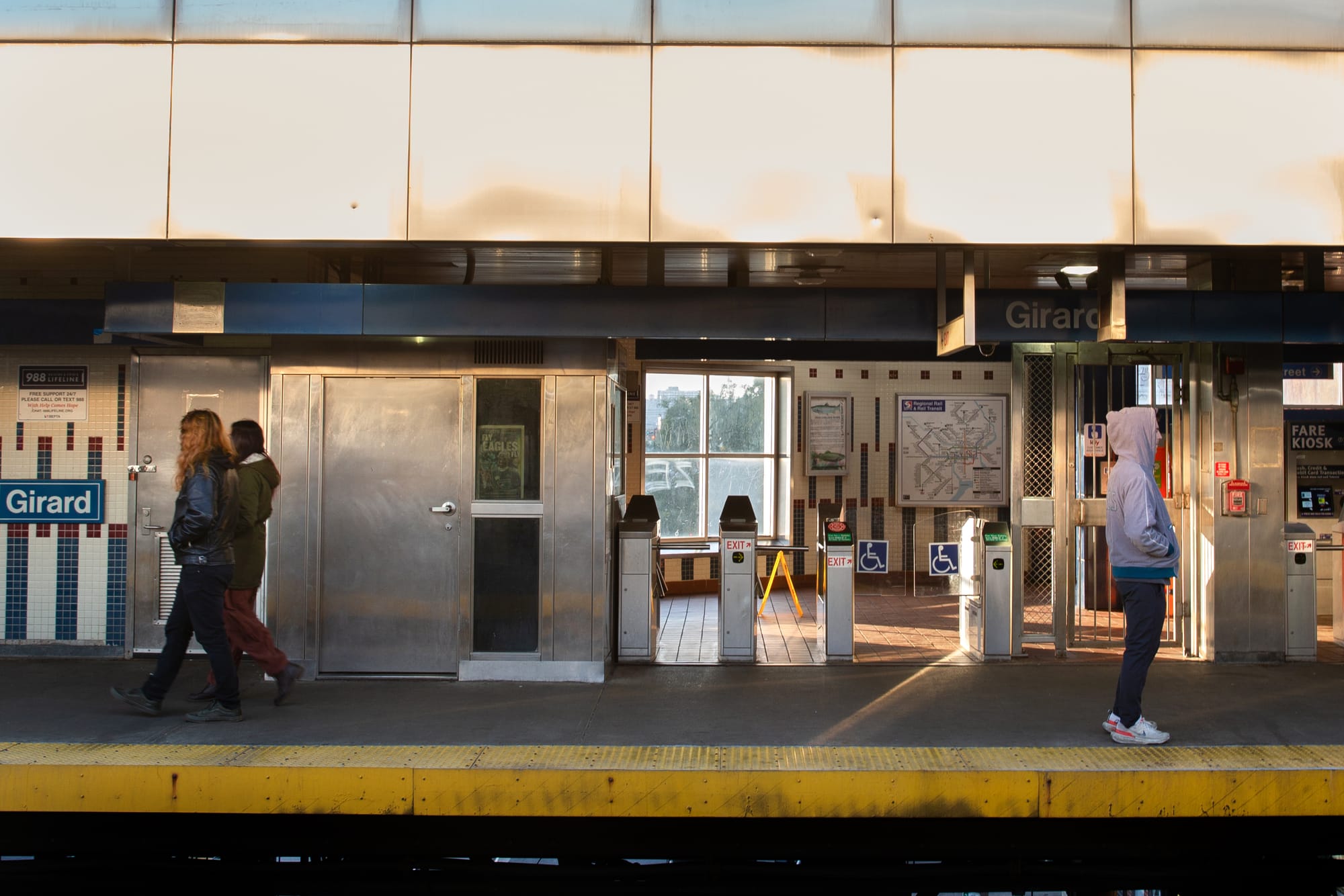Why Coalition Building Will Be Key In The 2024 Election
The Cambridge Dictionary defines a coalition as “a group formed of different organizations who may disagree on key issues, or people who agree to act together, usually temporarily, to achieve something.”
When I attended the Democratic National Committee Convention (DNCC) in Chicago, one thing became clear: politics is all about coalitions.
The Cambridge Dictionary defines a coalition as “a group formed of different organizations who may disagree on key issues, or people who agree to act together, usually temporarily, to achieve something.”
At the DNCC, the true diversity of the Democratic Party was on display. I could spend the morning listening to a conversation on how the Democratic platform and Vice President Harris were prepared to defend labor unions. Then, I could sit in on a brainstorming session with veterans strategizing about ensuring returning soldiers receive adequate mental healthcare.
I could also hear abortion activists share harrowing stories of women struggling to seek abortion care. I could attend a panel of business leaders discussing how they hoped Vice President Harris would foster strong innovation and competition. Later, I could listen to young activists push against the business community and express concerns about the real threat of climate change and how corporate greed was destroying their environment.
I heard Palestinian Americans talk about the horrific humanitarian crisis in Gaza, which many legal scholars have called a genocide. At the same event, I could also listen to painful stories from Israeli families of hostages still trapped in Gaza, who more than anything, just wanted peace and their family members back. Unfortunately, we did not hear from a Palestinian American speaker on the main stage.
This diversity is one of the biggest strengths of the Democratic Party, but it can also be one of its biggest weaknesses. Kamala Harris's challenge seems to be dealing with this tension: when you're trying to build a coalition of diverse voters who disagree on core issues, how do you ensure they all vote for you?
It would be ahistorical to say Harris is the first presidential candidate to deal with this issue. Biden, Obama, and Clinton, the last Democrats elected to the White House, all dealt with this issue but handled it in different ways. Biden focused his campaign on recovering from the pandemic, unifying his coalition on the dangers of Trump and the importance of restoring stability after a once-in-a-generation pandemic killed millions of Americans. Obama kept his coalition unified with a message of hope and change, rejecting the slash-and-burn politics that dominated during the 2008 financial crisis and the Iraq War. Clinton kept his coalition together with his vision of “The Third Way,” meaning finding the middle ground of the Democratic party and the center of every issue to keep Democrats united in defeating incumbent president George H. W. Bush.
In her final speech of the DNC, Harris spoke to her coalition of diverse democrats. In an arena filled with thousands of screaming supporters, she touched on popular views held by the Democratic party.
Harris argued that Former President Trump was against protecting working people and would roll back many of the labor protections the Biden administration had accomplished. Harris juxtaposed her background as a career prosecutor against the criminal enterprise of Donald Trump.
When addressing the war in Gaza, Harris delicately balanced acknowledging the heartbreaking conflict and the many thousands of Palestinian lives lost, while also speaking to the need to free the hostages and bring peace to the people of Israel and Palestine.
As Vice President Kamala Harris heads into the final days of the election, she has the same goal as prior Democratic presidents: keep the Democratic party coalition united. This certainly won’t be easy, it never is, but her speech showed her willingness to engage in this challenge in a similar way her predecessors have. And if she follows their lead and keeps the Democratic coalition unified and engaged, she can win the whole election.





